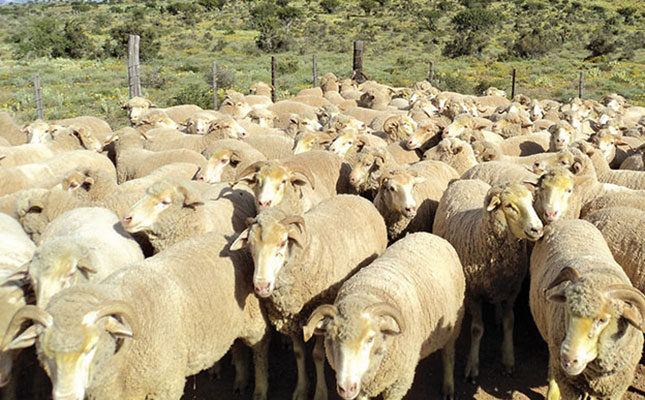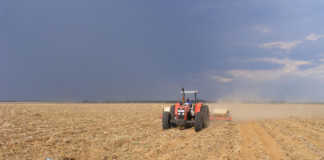But few solutions were tabled, as many politicians preferred to use their talking time to further political agendas. The antics of the politicians who attended the budget vote debate ranged from ANC MPs sticking out their tongues at the opposition, to DAFF deputy minister Dr Pieter Mulder calling a DA MP a ‘dumb Englishman’.
Annette Steyn, DA MP and party spokesperson for agriculture and a member of the portfolio committee for agriculture, forestry and fisheries, accused agriculture minister Tina Joemat-Pettersson of being more “concerned about winning votes for the ANC” than “ensuring food security for South Africa”. She also accused the minister and the ruling ANC of using agriculture as a “political football”.
Later, deputy minister Mulder also accused both the ANC and the DA of being guilty of using agriculture as a “political football” – a way of furthering selfish political agendas.
One of the only matters that members of the various political parties seemed to agree on was that agriculture needed greater support from government.
Presenting DAFF’s R6,1 billion budget (R4,5 billion of which is allocated to agriculture), Joemat-Pettersson admitted that the department hasn’t fared well in its intent to “support new smallholder producers while continuing to support the existing producers.
“Effective and sustainable land resettlement is an area of corrective action which will receive our attention and in which we will seek advice and support in the current financial year,” she said.
The minister also mentioned the importance of accessing new export markets for agricultural products, saying that, while relative success has been achieved in opening up trade between many of the BRICS partner countries, a number of problems are being experienced regarding non-tariff barriers put into place by some countries in Asia.
Steyn said agricultural growth is being constrained because there’s too little cohesion between different government departments and uncertainty about land reform policy. “The need for greater support has never been higher in light of the announcement of the disappointing 0,9% GDP growth in the first quarter of this financial year.
“However government support is miniscule compared to support given by other countries to their farmers.
“The Producer Support Estimate, a measure of government assistance to farmers, is at 3% for South Africa compared to 12% for China and 24% for Russia,” said Steyn.
Deputy minister Mulder, who’s also the leader of the FF+, reiterated Steyn’s views, saying uncertainty due to rising input costs and land reform is the greatest challenge facing South African farmers – and “pose a huge threat to the sustainability of the sector.”
To protect farmers, farms, farm workers and, ultimately, food security, “critical interventions by government via direct and indirect support mechanisms are needed,” he said.
Mulder said South Africa needs to acquire a positive investment climate and a high level of business confidence in order to enhance and maintain competitiveness.
Political stability and sound decision-making are when it comes “to the attribution of a positive climate and enhancing the level of trade and investment confidence,” said Mulder.
Visit our Twitter Page and click on #DAFFbv2013 to read comments from the event.
* Read more about DAFF’s 2013/2014 budget in the next issue of Farmer’s Weekly.












